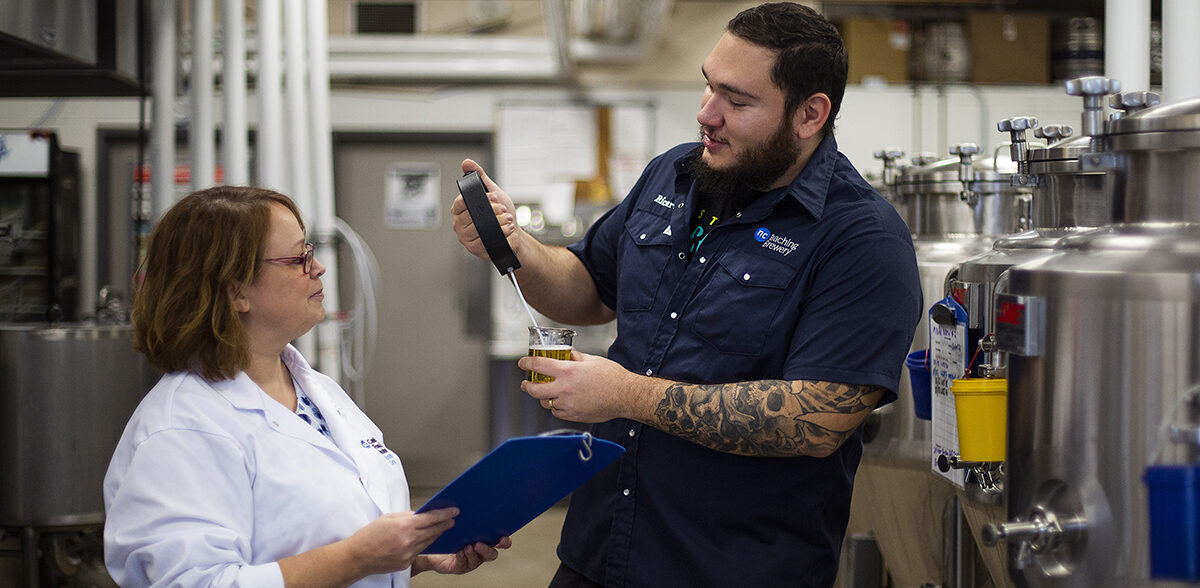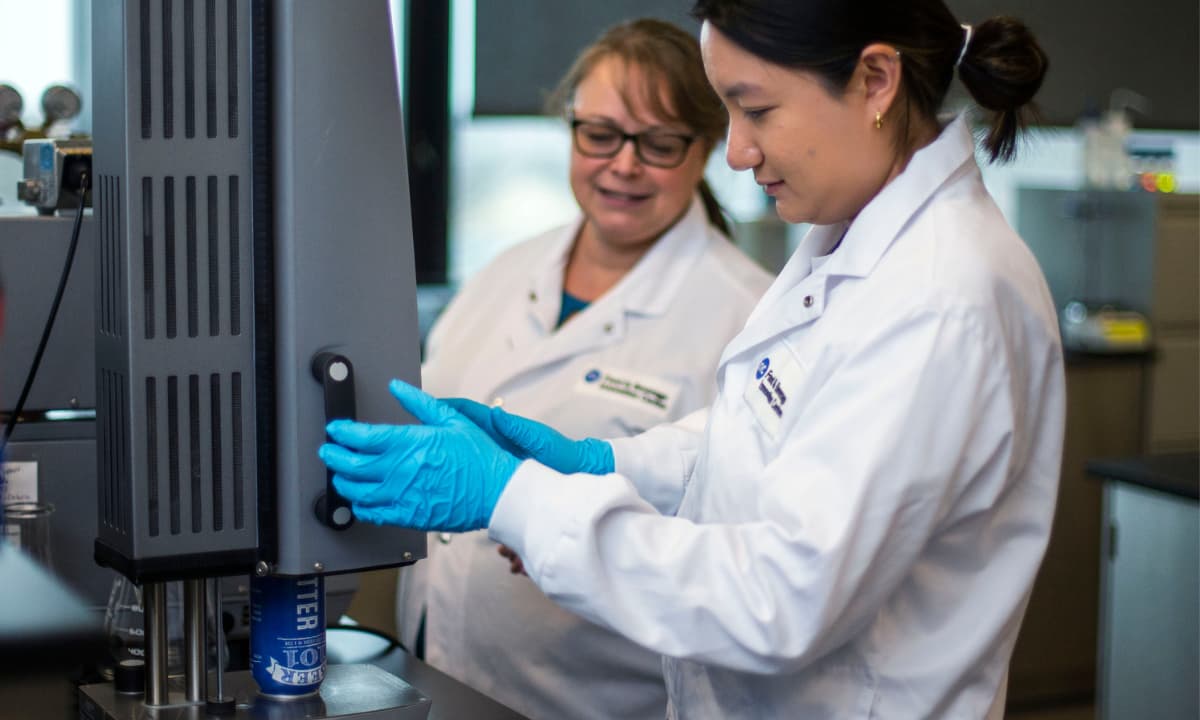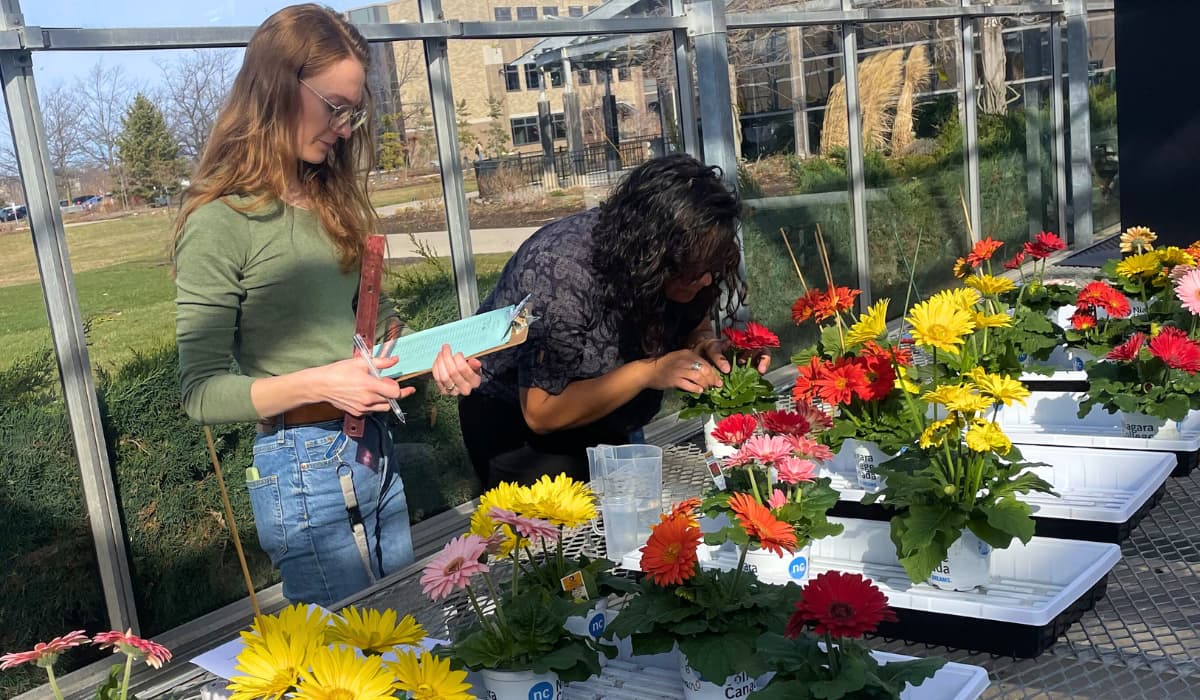Fire up the grill because Gastronomous, an industry-leading automation firm focused on transforming the food service perspective by pioneering a network of interconnected smart appliances – culminating in fully autonomous kitchens – has a new open flame grill. Known as the ChronoGrill, it’s sure to supply the classic grill marks you know and love on your favourite burger, thanks to the Food & Beverage Innovation Centre (FBIC).
From the initial design process to the final product testing, Gastronomous’ products are developed to speed of service while maintaining the highest quality consistency for customers every time.
Cara Szalay, Business Operations Lead with Gastronomous, wanted to work with Niagara College to evaluate the performance of the Gastronomous developed autonomous Open Flame Grill, also known as the ChronoGrill, against competing fast food grills.
After a simple Google search, Cara initially reached out to Amy Proulx, Professor and Academic Program Coordinator for the Culinary Innovation and Food Technology Programs; Amy suggested she work with FBIC to get their testing completed.
Right away, Cara was having discussions with Ana Cristina Vega-Lugo, PhD, Scientific Manager, FBIC and David DiPietro, Manager, Business Development, to discuss the scope of the project, alongside what solutions they were aiming to achieve.
The testing was conducted at the Gastronomous warehouse by the FBIC team, led by Stephanie Skotidas, Research & Development Technologist, and several student research assistants.
When they came onsite, Cara’s team made the experience as consistent as possible each time, so that meant using the same types of patties, cooked on the exact same grills, and more.
Key quality and sensory parameters were measured and evaluated by the research team on several brands and types of patties. After performing numerous tests, FBIC provided valuable data that helped Gastronomous further commercialize their grill.
“The testing conducted under specific evaluation methods is important for industry impact because the findings indicate how different grilling methods not only impact the consumer experience of the final product, but the user experience of the employee/operator using different cooking equipment. said Cara.
Getting to see the students in action was another part of the project that stood out to Cara. “We were thrilled to see the students in action and see how eager they were to conduct this study. They are learning in front of your eyes, so it makes it unique,” she added.





